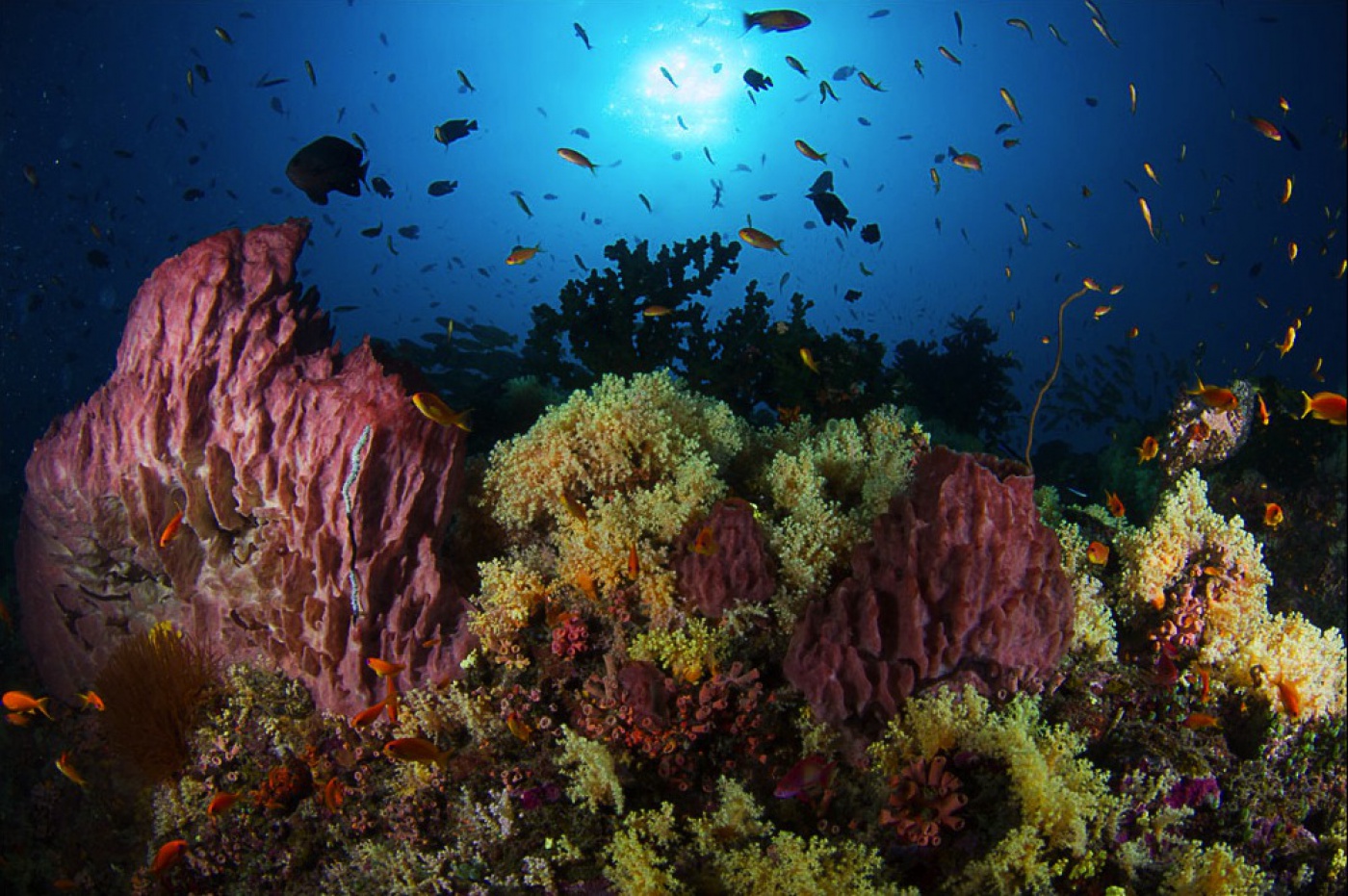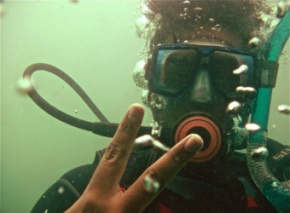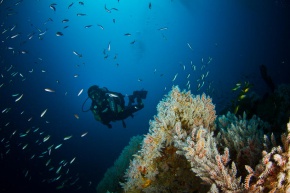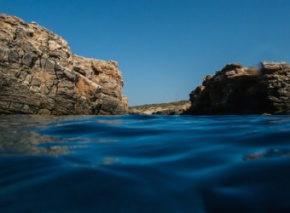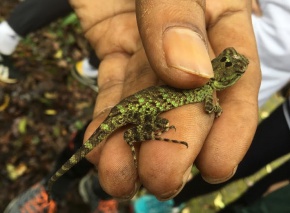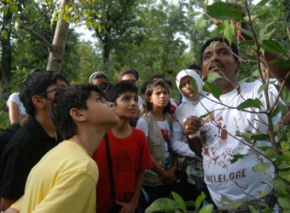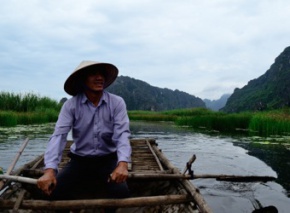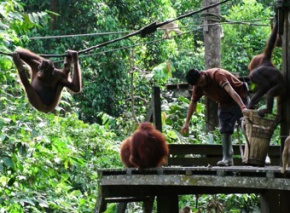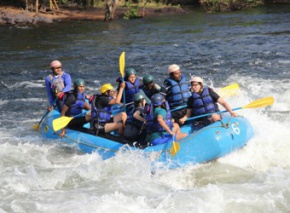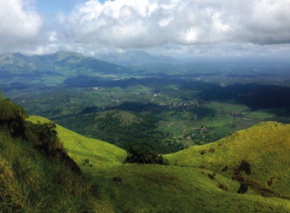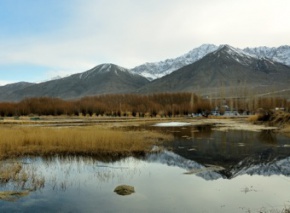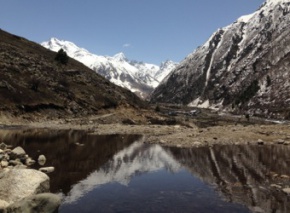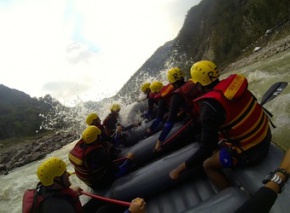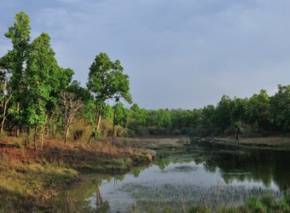
A trip to the Andamans, due to travel time, should at least be a 5 nights 6 days trip so that it allows students to explore these activities curated for this module comfortably, with clear learning outcomes.
Given below are a few activities that can be conducted at this destination, along with the appropriate age group. Our forte is customisation, so feel free to select ONE, ALL or ANY combination of these activities to design a trip unique to your curriculum and experiential learning needs.
A visit to the Cellular Jail, also known as Kala Pani located at Port Blair, will give students the opportunity to learn about India’s colonial past. The construction of the prison started in 1896 and was completed in 1906. Many notable Indian freedom fighters during the struggle for India's independence were imprisoned here. Port Blair also offers opportunities to understand the culture and lifestyle of settler communities who made the island their home as they set out from the mainland to seek their fortune. A day in the city is well spent visiting cultural attractions with an overnight stay.
The coral reefs of Andamans are famous the world over and a must do destination for both experienced and beginner level divers. The reefs are home to an amazing range of marine diversity from the shy and elusive Dugong or ‘Sea Cow’ to the well-known clown fish made famous by the movie ‘Finding Nemo’. The islands are also home to a majority of India’s Marine Protected Areas {MPA’s} due to its ecological significance. We work with DIVEIndia located on Havelock island [Andaman’s pioneering Dive Centre], an SSI Platinum Instructor Training Facility and PADI Dive Center to ensure that all students get safe and top quality training. Diving is great way to explore the otherwise inaccessible marine ecosystems, and with issues such as coral bleaching, climate change, marine conservation gaining prominence globally, this skill will not only help students to develop their interest and awareness in these fields but could also become career opportunities.
The Open Water Certification is a 4-day course and is the first level of certification offered by international certifying agencies such as PADI/SSI. Students will learn theoretical concepts, equipment use and key skills as well as practical sessions in the sea under the guidance of experienced instructors. They will also learn how to dive responsibly and understand the conservation issues affecting sensitive marine ecosystems.
Havelock island is home to some of Asia’s best beaches flanked by calm azure seas, with a patchwork landscape comprising of tropical forests and paddy fields home to small settler communities. While diving is the main recreational sport offered here, students will also have the opportunity to explore forest trails, learn about the island ecology, interact with local communities, experience the diverse range of cuisine while also relaxing and enjoying typical beach experiences such as a game of volleyball and a sing along by the bonfire.
CONSERVATION CONCERN
Andamans and Nicobar islands are a remote archipelago home to a significant distribution of coral reefs. However, a burgeoning settler community, rapid tourism, military presence, climate change, urban development have had a negative impact on the island’s fragile ecology. Introduction of species such as dogs, cats,rats have caused many endemic fauna to become vulnerable and in some cases extinct.
Sustainable tourism is not commonly practiced, however some checks and balances in the form of MPA’s, mooring buoys to prevent anchor damage on the corals etc have been implemented to protect the reefs which are the main livelihood source for the islands both for fishing and tourism. However a lot more needs to be done, if the islands are to remain pristine and full of natural life in the future, such expeditions bring students closer to these important issues and builds awareness. It also drives more sustainable forms of tourism.

Related Destinations

Region: India
Active Modules: Marine Ecosystem Exploration, Project Based Trips, Service and Sustainability

Region: India
Active Modules: Marine Ecosystem Exploration, Life Skills Expeditions

Region: Sri Lanka
Active Modules: Marine Ecosystem Exploration, Project Based Trips

Region: Thailand
Active Modules: Marine Ecosystem Exploration, Service and Sustainability, Project Based Trips

Region: Greece
Active Modules: Marine Ecosystem Exploration, Life Skills Expeditions, Service and Sustainability, Project Based Trips

Region: India
Active Modules: Terrestrial Ecosystem Exploration

Region: India
Active Modules: Life Skills Expeditions, Project Based Trips

Region: India
Active Modules: Terrestrial Ecosystem Exploration, Project Based Trips, Service and Sustainability

Region: India
Active Modules: Terrestrial Ecosystem Exploration, Project Based Trips, Service and Sustainability

Region: Vietnam
Active Modules: Life Skills Expeditions, Service and Sustainability

Region: Borneo
Active Modules: Terrestrial Ecosystem Exploration, Project Based Trips

Region: Borneo
Active Modules: Life Skills Expeditions, Service and Sustainability, Marine Ecosystem Exploration

Region: India
Active Modules: Terrestrial Ecosystem Exploration, Project Based Trips

Region: India
Active Modules: Life Skills Expeditions, Project Based Trips, Service and Sustainability

Region: India
Active Modules: Project Based Trips, Life Skills Expeditions, Service and Sustainability, Terrestrial Ecosystem Exploration

Region: India
Active Modules: Terrestrial Ecosystem Exploration, Project Based Trips, Service and Sustainability

Region: India
Active Modules: Life Skills Expeditions, Project Based Trips, Service and Sustainability, Terrestrial Ecosystem Exploration

Region: India
Active Modules: Life Skills Expeditions, Project Based Trips, Service and Sustainability

Region: India
Active Modules: Life Skills Expeditions, Project Based Trips, Service and Sustainability

Region: India
Active Modules: Terrestrial Ecosystem Exploration, Project Based Trips, Life Skills Expeditions
